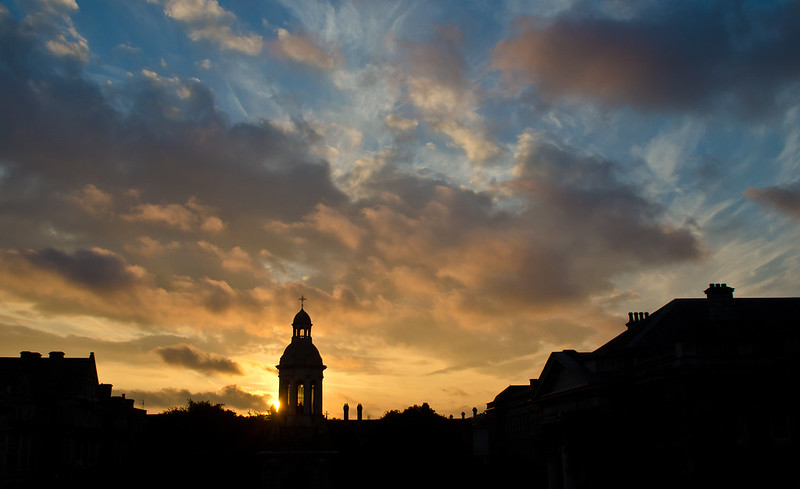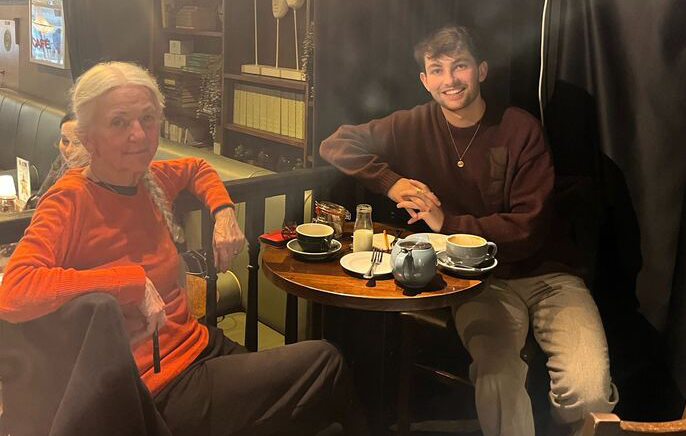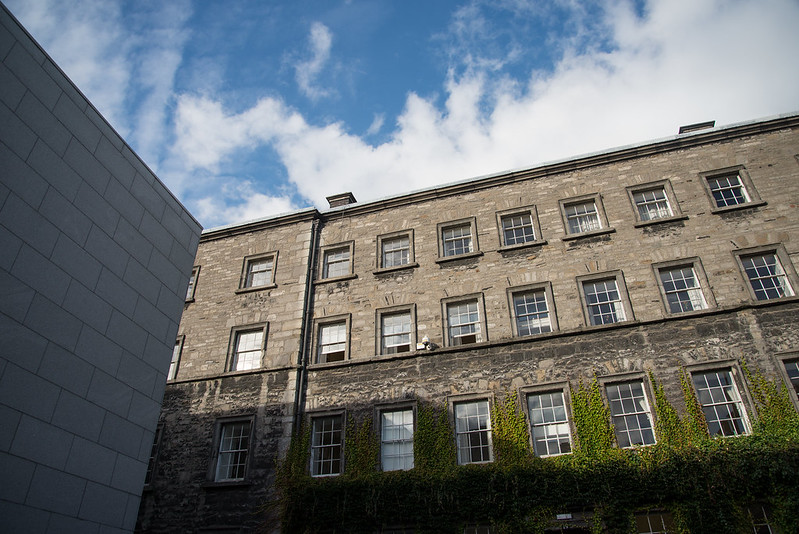Seven Trinity researchers have been included on a list of the world’s top one per cent most-cited academics for 2021.
The Highly Cited Researchers list, which is compiled annually by data analytics company Clarivate, identified 6,600 researchers globally “who demonstrated significant influence in their chosen field through the publication of multiple highly cited papers during the last decade”
The Trinity researchers that made the list are Prof Valeria Nicolosi of the School of Chemistry, Prof Stefano Sanvito and Prof Jonathon N. Coleman of the School of Physics, Prof Luke O’Neil and Prof David . Loane of the School of Biochemistry and Immunology, Prof Brian Lucey of the School of Business and Prof Padraic G. Fallon of the School of Medicine.
Prof Patrick Devine-Wright, a researcher in the University of Exeter who is affiliated with Trinity as well, was also on the list.
Nicolosi wrote on Twitter she was “delighted to be listed amongst the world’s most influential researchers,” adding that “this is an achievement shared with all Nicolosi Group members, past and present.”
The list is made up of researchers from 70 countries, including 24 Nobel Laureates.
In a press statement, Trinity’s Dean of Research Professor Wolfgang Schmitt said: “This list identifies and celebrates exceptional individual researchers at Trinity whose work is having a significant impact on the research community as evidenced by the rate at which their work is being cited by their peers.”
“Crucially though,” he added “the research they have contributed is also fueling the innovation, sustainability, health and security that is key for our society’s future”.
In a press statement released with the list’s announcement, Senior VP of Strategy and Science at Clarivate Joel Haspel said: “This year’s data reflect a decade’s worth of research publications from the global scientific community.”
“As well as documenting the ‘Eureka!’ moments, our data tell the story of late nights spent filling in grant applications, pouring over results in the lab, the unsung work of peer reviewing contemporaries’ manuscripts, and the many small failures that ultimately lead to bigger successes and accelerating innovation.”
The list saw China increase its share of the top researchers by 6.2 per cent compared with 2018 to 14.2 per cent. The United States retained its position with the biggest share of the world’s top researchers with 39.7 per cent.
Senior Citation Analyst at the Institute for Scientific Information David Pendlebury said: “The headline story is one of sizeable gains for Mainland China and a decline for the United States, particularly when you look at the trends over the last four years, which reflect a transformational rebalancing of scientific and scholarly contributions at the top level through the globalization of the research enterprise.”
Correction: 10:50pm, November 17th, 2021
An earlier version of this article stated that eight Trinity researchers were among the one per cent most-cited academics worldwide. In fact, only seven of those are full-time Trinity staff. The eighth, Prof Patrick Devine-Wright is a researcher in the University of Exeter who is also affiliated with Trinity.






